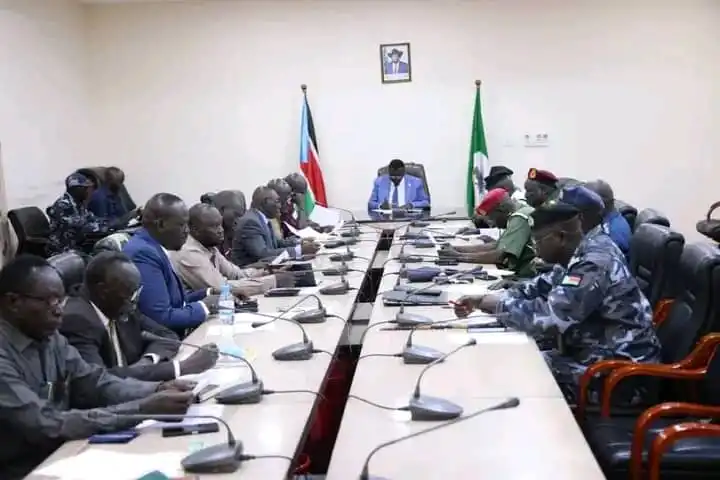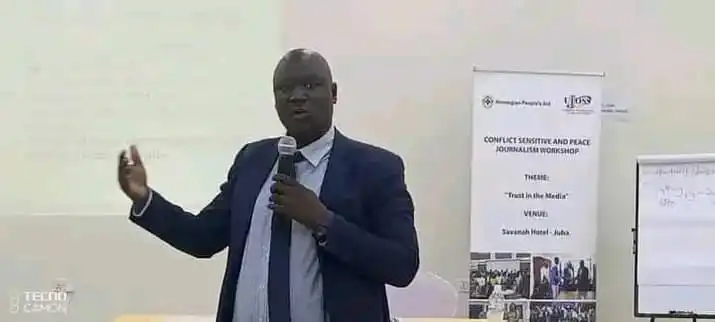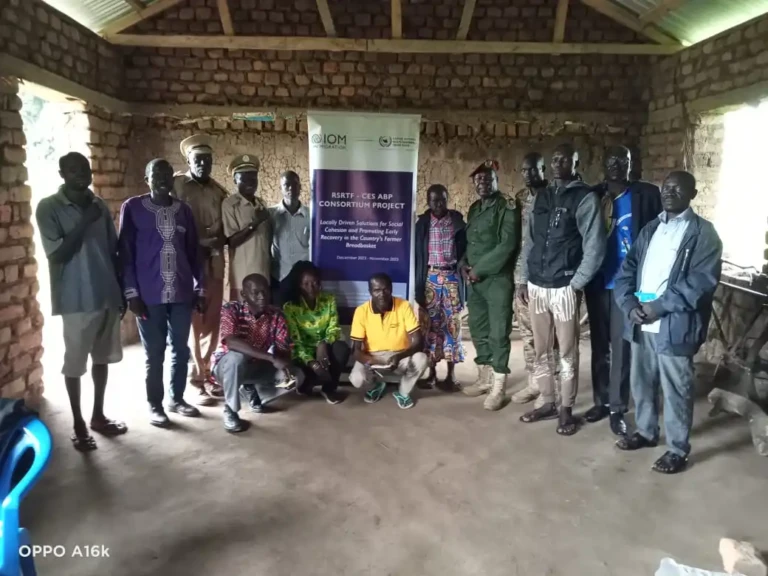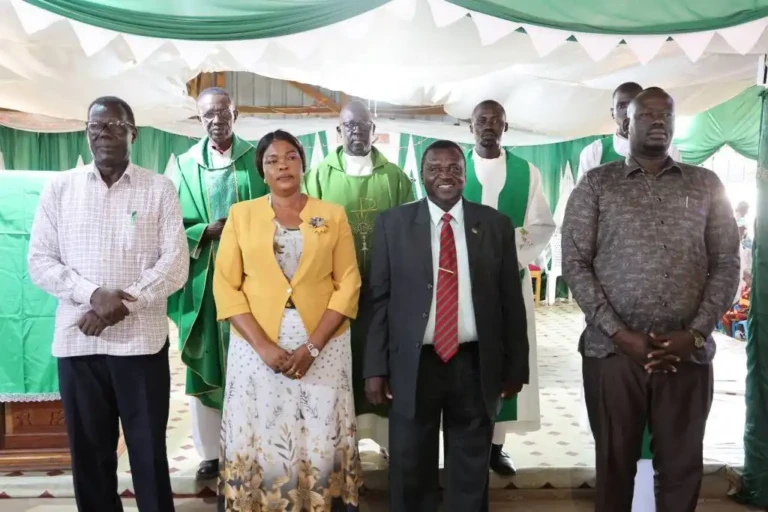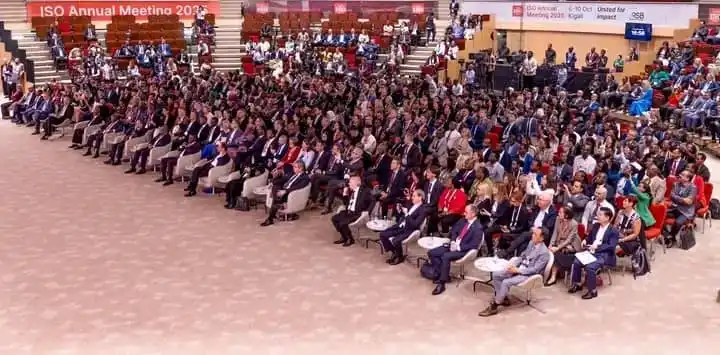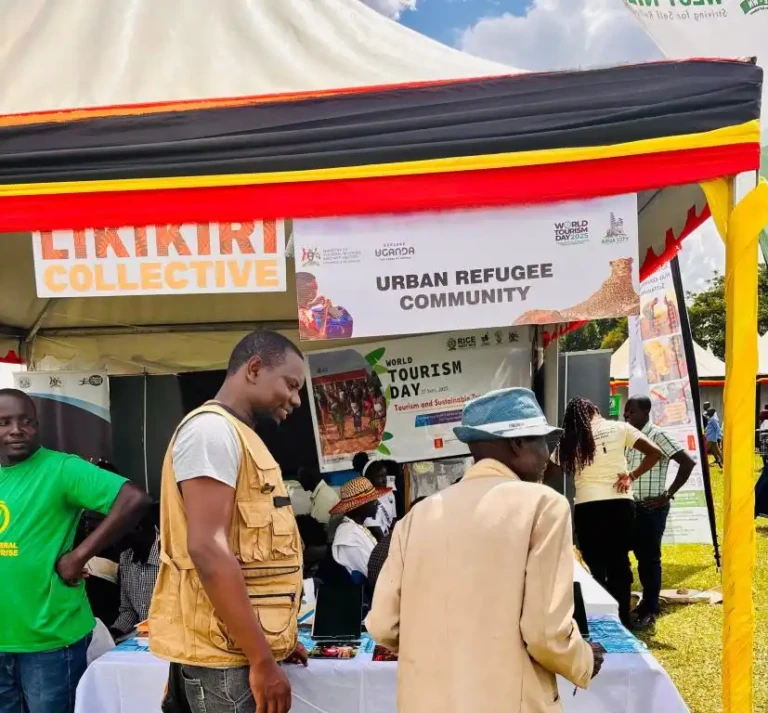
(JUBA) – Eight foreign nationals convicted of serious crimes in the United States have been deported to South Sudan, marking the end of a legal and political standoff that reached the American Supreme Court.
The deportees, only one of whom is originally from South Sudan, arrived in the country over the weekend after weeks of legal wrangling.
The US government referred to South Sudan as a “third country” in this deportation case. Under American immigration law, a “third country” refers to a destination where the deported individuals have no citizenship, residency or significant past connection.
In this instance, South Sudan was chosen even though only one of the eight men had any link to the country.
The deportees originated from various countries including Vietnam, Mexico, Laos, Cuba, Myanmar (Burma) and South Sudan. They had all been convicted of serious criminal offences while living in the United States. With no other countries willing to accept them, the U.S. arranged with South Sudan to receive the individuals under a temporary legal status agreement.
The transfer followed a legal challenge before Judge Brian E. Murphy, a federal district court judge in Boston, appointed by former U.S. President Joe Biden. The judge had initially blocked the deportation with an injunction, demanding a 15 day notice period before any transfer to a third country.
However, the U.S. Supreme Court later invalidated that injunction on 23 June 2025, stating that such conditions were not authorised by existing immigration laws.
Despite the Supreme Court’s ruling, Judge Murphy attempted to continue enforcing his order, leading to further legal tension. Eventually, the judge withdrew his objections, and the U.S. Department of Homeland Security proceeded with the deportation. The men had been held temporarily at an American military base in Djibouti during the court proceedings.
South Sudanese authorities have assured the U.S. government that the deportees will not face torture or persecution and that they will be granted temporary legal status while arrangements are made.
There has been no further public comment yet from the Government of South Sudan on how it intends to manage the arrival and status of the individuals.
Discover more from Access Radio Yei News
Subscribe to get the latest posts sent to your email.


